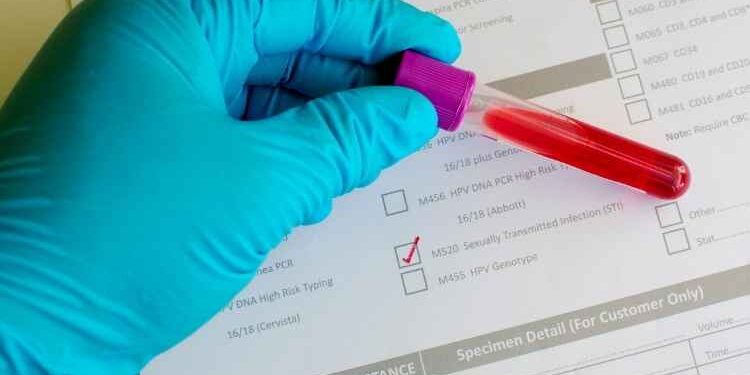Sexually Transmitted Diseases are infections transmitted from one person during vaginal, oral, or anal sex. Most people with STDs do not develop symptoms. If your current symptoms suggest that you may have a sexually transmitted disease or infection, your doctor will do a pelvic exam to look for a rash, warts, or discharge that may confirm a condition. STDs can lead to serious health problems without treatment. Sexually Transmitted Diseases or Infections that are bacterial or parasitic are easier to treat. Viral infections can be managed but may not be cured. The team of doctors at Stone Mountain Oasis Healthcare Service, Inc. can help you know your status and develop a management plan that will give you peace of mind.
Sexually Transmitted Disease screening
Screening is the process of testing for a disease when you do not have symptoms. However, lab tests can detect the cause and coinfections that you may have. Everyone should be screened for STDs. For HIV screening, your doctor can use saliva or blood tests. HIV tests are recommended every year for people who are at a high risk of contracting the virus. The following are risk factors that increase your chances of developing an STD:
- Pregnant women: Pregnant women are screened for HIV and other sexually transmitted diseases during the first prenatal visit.
- Women aged 21 years and older: Doctors advise women 21 years and older to have a Pap test every three years. The pap tests screen for changes in the cervix, including inflammation.
- Women under 25 years who are sexually active: It is advisable for all women under 25 years to go for a chlamydia test. The chlamydia infection is tested using urine samples or a vaginal fluid sample.
- Gay men: Men who have sexual intercourse with other men are more likely to contract STIs. It is essential to get regular testing for HIV and other STDs.
- People with HIV: If you are HIV positive, you are at a higher risk of contracting other sexually transmitted infections. After being diagnosed with HIV, you are advised to test for syphilis, gonorrhea, chlamydia, and herpes.
Treatment
Depending on the type of infection, STI treatment usually consists of one of the following:
- Antibiotics: Sexually transmitted bacterial or parasitic infections, including gonorrhea and syphilis, can be cured by antibiotics. Doctors can treat both gonorrhea and chlamydia at the same time as they often appear together.
You must always finish any prescribed antibiotic treatment. Your doctor can suggest a shorter, more straightforward therapy if you cannot take the prescribed medication.
- Antiviral drugs: These drugs are prescribed to you. If you are diagnosed with HIV or herpes, you will be prescribed antiviral medication. Doctors can suppress herpes recurrences through suppressive therapy together with a prescribed antiviral. Antiviral drugs lower the risk of an infected person transmitting the virus to an uninfected person and lower the former’s viral load.
Schedule an appointment at Oasis Healthcare Service, Inc. for detection and management of your condition to prevent you from contracting other serious health problems.
